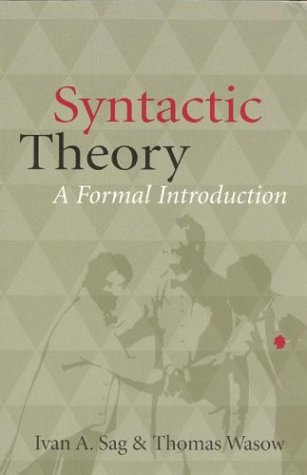|
The Formal Semantics of Programming Languages: An Introduction
DISCLAIMER:This site does not store The Formal Semantics of Programming Languages: An Introduction on its server. We only index and link to The Formal Semantics of Programming Languages: An Introduction provided by other sites. Please contact the content providers to delete The Formal Semantics of Programming Languages: An Introduction if any and email us, we'll remove relevant links or contents immediately. |
Books from NEWZ
Graphics Programming Methods (Charles Ri...
Programming Language C++ Collection (50 ... Programming Windows Azure: Programming t... OpenCV 2 Computer Vision Application Pro... Gui Programming With Python: Using the Q... Logic for Programming, Artificial Intell... Scratch Programming for Teens,1 edition Programming in Python 3: A Complete Intr... Fundamentals of Sensor Network Programmi... Computers and Programming (Ferguson Care... Programming, CS and Math Book Collection... Programming, CS and Math Book Collection... Art of Computer Programming vol 1 - 3 A Tester's Guide to .NET Programming Programming with POSIX Threads Beginning C# Object-Oriented Programming Computational Logic: Logic Programming a... Concurrent Programming in Mac OS X and i... Nonlinear Programming: Concepts, Algorit... Axiomatising the Logic of Computer Progr... Programming the Finite Element Method Applied XML Programming for Microsoft .N... Microcontroller Programming The Microchi... Programming and Customizing the AVR Micr... Programming and Customizing the Pic Micr... |
Comments
 Comments (0)
All
Comments (0)
All
Popular searches










